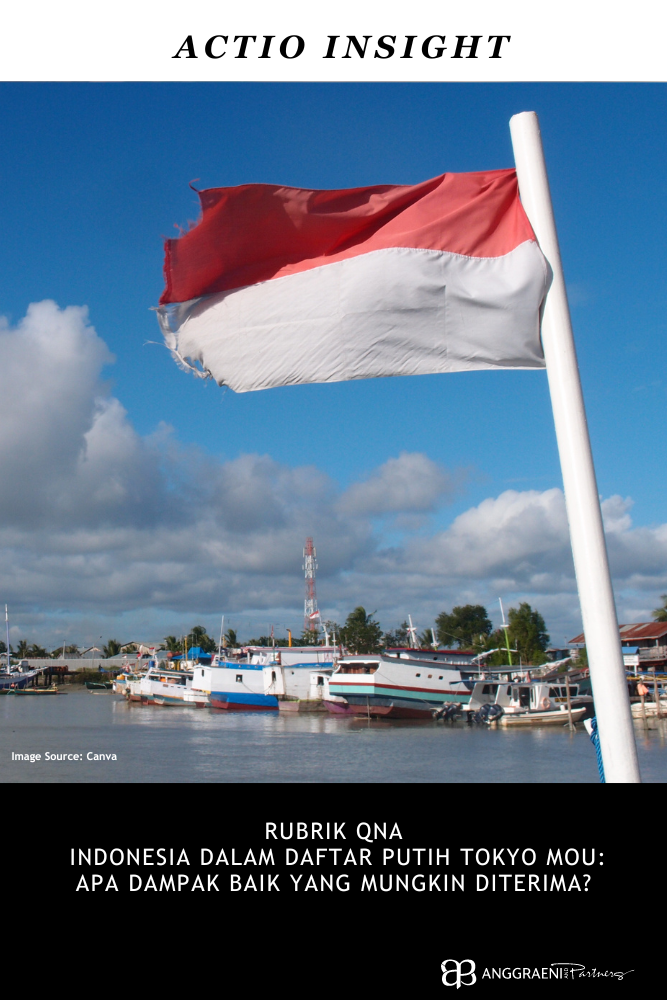International Arbitration Award: Strategies when Dealing with the Recognition and Enforcement of Foreign Arbitral Awards in Indonesia
Indonesia has ratified The Convention on The Recognition and Enforcement of Foreign Arbitration Awards or widely known as the New York Convention on the 5th of August 1981. This Convention is
significant because it governs: (1) The validity of arbitral agreements, and (2) The recognition and enforcement of the arbitral awards
The current law in Indonesia that governs Arbitration is Law No. 30 of 1999 concerning Arbitration and Alternative Dispute Resolution (Arbitration Law). Article 1 of Arbitration Law defines an international arbitration award as an award, which is handed down by an arbitration forum outside the jurisdiction of the Republic of Indonesia. For the award to be implemented and enforced in Indonesia, there are several requirements, which must be fulfilled:
1. There must be an Arbitration Agreement, which states that dispute resolution will be settled through arbitration.
2. The awards are issued by the arbitrators from a country that is bound bilaterally or multilaterally with Indonesia (a member of the New York Convention).
3. The scope of disputes is limited to trade law
4. The awards do not conflict with public order.
5. One Party obtains an execution order (exequatur order) from the Central Jakarta District Court.
6. If the State of the Republic of Indonesia is included as a party to the dispute, the interested party must obtain an order of execution from the Supreme Court which will then be transferred to the Central Jakarta District Court.
What then are the procedures to enforce the awards? The procedures can be looked at as three stages:
1. Submission and Registration of the Awards
The Arbitrator or the interested party’s attorney submits and registers the award to the Registrar of the Central Jakarta District Court by enclosing:
a. Original sheets or authentic copies of the award
b. Official translation in Indonesian of the above mentioned document (letter a)
c. Original sheet or authentic copy of the arbitration agreement
d. Official translation in Indonesian of the above- mentioned document (letter c)
e. Letter of Statement from the diplomatic representative of the Republic of Indonesia in the country where the awards were issued stating that they confirm that the applicant’s State is bound bilaterally or multilaterally with Indonesia.
2. Issuance of Exequatur of the Awards
The Chief of the District Court, before giving an exequatur of the awards, is obliged to examine substantively whether the awards:
a. Exceeds the authority of the arbitrator
b. Is Contrary to public order and decency and
c. Has fulfilled the requirements that the dispute is within the scope of a trade dispute that cannot be reconciled and
d. Concerns the rights under a parties’ control
3. Execution of the Awards
Upon the issuance of exequatur, the enforcement of the awards will be the delegated to the Chief of the District Court who is authorized to enforce it. Based on the Arbitration Law, the procedures for implementing the arbitral award are guided in the Indonesian Civil Code, as follows:
a. Warning/reprimand (aanmaning)
b. Confiscate execution (executorial beslag)
c. Sale/auction
d. Emptying.
MPw/VKA/HES


